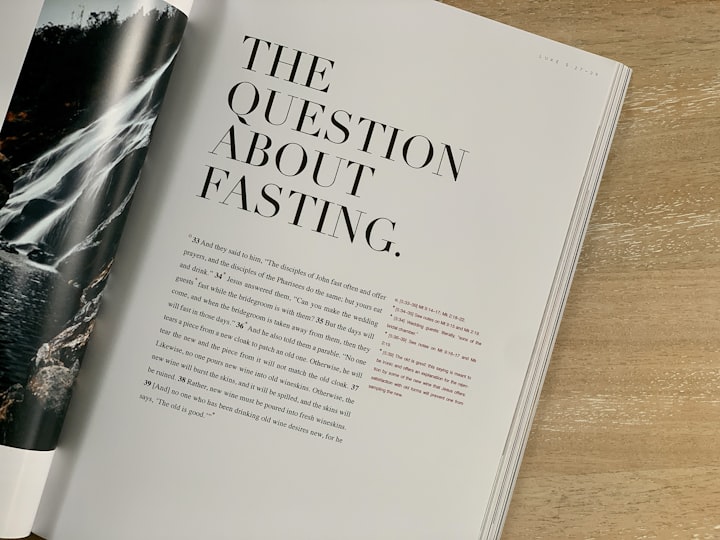Benefits of fasting
Top benefits of fasting

Fasting means you abstain from eating and drinking voluntarily for a certain period of time. It's gaining popularity each passing day as more and more people are learning about the benefits of fasting.
Fasting plays a pivotal role in many cultures and religions. Historically it's a very ancient practice. It started at least from 5th-century BC when Greek physician Hippocrates prescribed his patients to abstain from food and drink to exhibit certain symptoms of illness. There are numerous health benefits of fasting; let's find out the major 5 benefits among them.
1. It helps improve your immune system

The University of Southern California published one of their research to show that prolonged fasting can regenerate your immune system cells. Your body breaks down sections of white blood cells considerably during the period of fasting. Then it begins to kill old and damaged immune cells to save energy. After killing old and damaged immune cells, it replaces them with new immune cells, so your body ends up having more immune-boosting cells to fight off diseases.
In the natural world, the practice of fasting is widespread among different types of animals. When animals get sick, they stop eating and put their body on rest; therefore, their immune system can solely focus on fighting diseases.
2. Your brain functions better

Our brain is the most complex and maybe the most valuable organ in our body. Because it's the brain that makes us the dominant species on earth, so we should seek every opportunity that improves our brain health.
Fasting boosts our brain function by producing a protein called BDNF, which is the abbreviation of brain-derived neurotrophic factor. BDNF helps the brain develop new connections, protect healthy brain cells, and repair failing brain cells. Neurodegenerative diseases can also be avoided through fasting, so the risk of Parkinson's Disease and Alzheimer's Disease can be reduced substantially. Apart from BDNF protein, fasting also enhances our brain by reducing inflammation, blood sugar levels, and oxidative stress.
3. It extends Your Lifespan

Although we eat to live, we may live longer if we deprive ourselves of eating for a certain period of time. Experiments in rats have shown significant improvement over their lifespan. In one of the experiments, scientists have found that rats who fasted every alternative day had a more than 80% higher survival rate than rats who haven’t fasted.
4. It helps you prevent cancer

Cancer is a deadly disease. People develop cancer when their body loses control and starts growing abnormal cells, and it can happen at any place in the body. Studies on animals have shown that its possible to prevent tumor development by fasting every alternative day.
According to a test-tube study, if we exhibit cancer cells to numerous rounds of fasting, it's proven to delay tumor growth just like chemotherapy. It also increases the potency of chemotherapy drugs.
Although most of the information we have about cancer prevention came from research done on animals, some human patients who have fasted during chemotherapy reported higher energy levels and higher tolerance.
5. It helps you lose weight

Fasting can be a viable tool to fight against the obesity epidemic. We consume a massive amount of calories through our everyday meals. Fasting should decrease our overall calorie intake, which will result in weight loss over time. It's not very hard to understand why fasting helps you lose weight; when you fast, your body uses fat as its primary source of energy instead of sugar which results in weight loss.
That is why it's the most popular reason people fast nowadays, excluding every spiritual reason.
Conclusion
Even though fasting is very beneficial for us, it may not be suitable for everyone. If you are seriously thinking about fasting and your body has major medical conditions, you should definitely consult a doctor before proceeding.






Comments
There are no comments for this story
Be the first to respond and start the conversation.